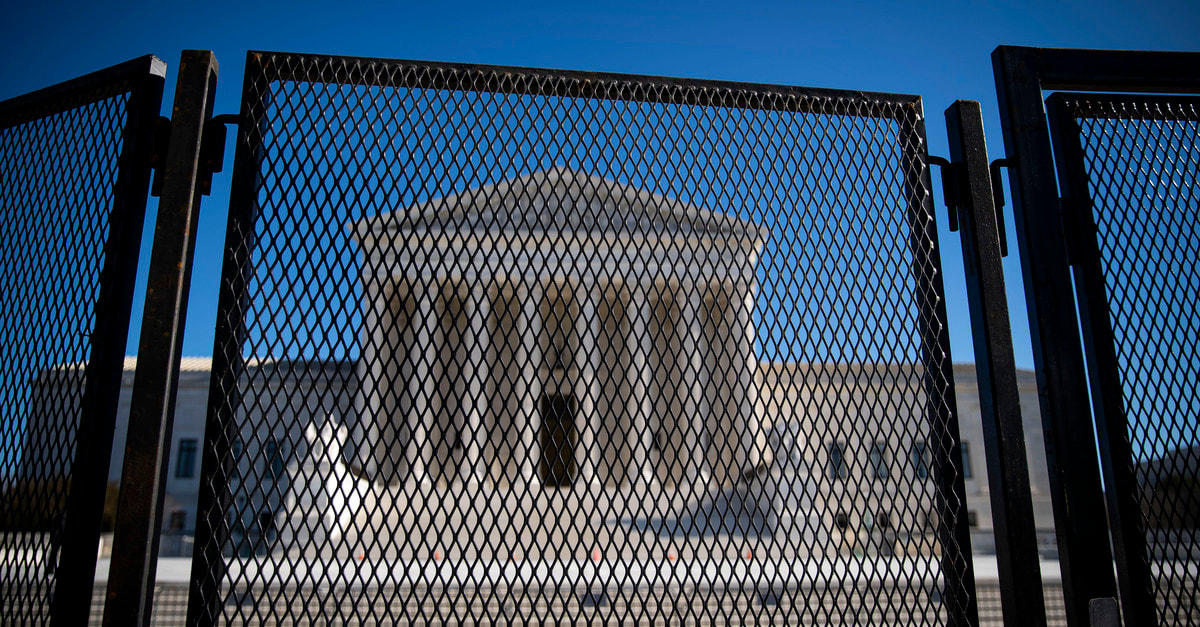|
When it comes to warrants, should your house be treated the same as your car?
In Cady v. Dombrowski (1973), the Supreme Court held that the warrantless search of an impounded vehicle for an unsecured firearm did not violate the Fourth Amendment. As PPSA reported in January, the Supreme Court agreed to hear Caniglia v. Strom, a case in which the police entered the home of a Rhode Island man without a warrant to seize his firearms. That man, Edward Caniglia, came to the police’s attention after his wife reported that, during an argument, Caniglia had placed an unloaded gun on the dining room table and asked her to shoot him “and get it over with.” The next day, during a welfare check prompted by a call from Mrs. Caniglia, police encountered Mr. Caniglia on his porch. They persuaded him to agree to a psychiatric evaluation, on the condition that they not enter his home and confiscate his firearms. But while Caniglia was having his evaluation, the police—despite their promise not to—confiscated his firearms. Caniglia sued, claiming that the police violated the Fourth Amendment when they entered his home and seized his firearms. The First Circuit disagreed. It reasoned that the same logic that allowed the police in Cady to search a car extended to private homes. At oral argument, several Justices hinted that they were skeptical of the First Circuit’s holding. “[I]f there’s any one principle of the Fourth Amendment,” Justice Kagan said, it is that “the home is special” and that “the automobile is distinctly not.” In January, PPSA filed an amicus brief upholding Fourth Amendment rights against the expansion of the community caretaking exception. In Monday’s opinion, it became clear that the other Justices agreed with Justice Kagan’s review of the Court’s Fourth Amendment cases. The opinion, written by Justice Clarence Thomas, dispensed with the First Circuit’s reasoning in only four pages. “[W]hat is reasonable for vehicles,” the Court declared, “is different from what is reasonable for homes.” And Cady itself, the Court noted, expressly recognized a distinction between a vehicle already under police control and a vehicle “parked adjacent to the dwelling place of the owner.” PPSA regards this ruling as a major victory for the privacy of all Americans. It would have best if the Court had more firmly rooted its opinion in the original public meaning of the Fourth Amendment rather than precedent. But the Court’s opinion did cite Florida v. Jardines (2013), which held that the “very core” of the Fourth Amendment’s guarantee is “the right of a man to retreat into his own home and there be free from unreasonable governmental intrusion.” Comments are closed.
|
Categories
All
|


 RSS Feed
RSS Feed